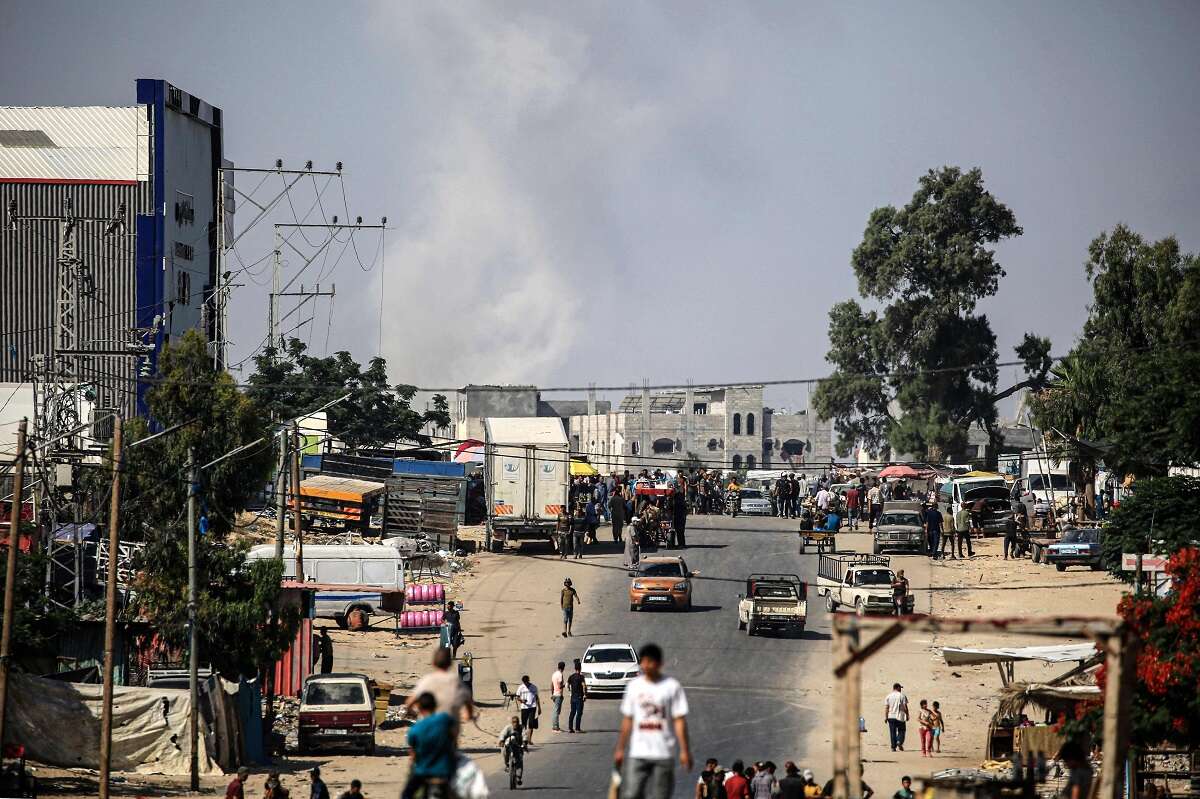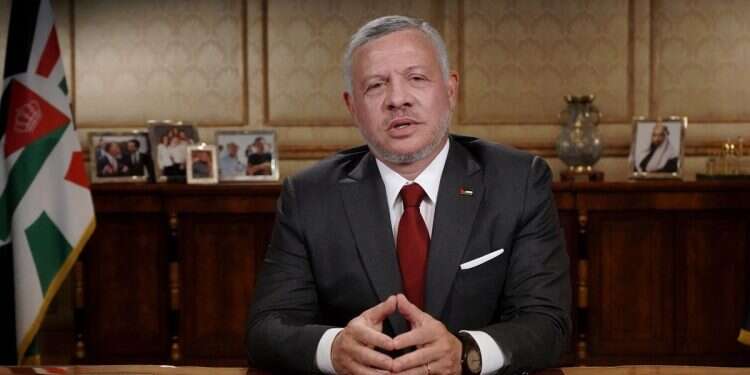The announcement that Maher Diab Hussein Al-Jazi was the perpetrator of the Allenby Crossing attack has sparked attempts on social media to connect him to a renowned officer from the Jordanian Legion. This officer, Mashhour Haditha al-Jazi, played a significant role in the famous Battle of Karameh in 1968, also referred to as "Operation Inferno."

In that operation, Israel Defense Forces launched a raid on Yasser Arafat's Fatah headquarters in the southern Jordan Valley. The battle saw an unusual alliance between the Jordanian army and Palestinian terror organizations fighting side by side.
This bond reflects a grassroots desire to recreate what was touted as a historic military collaboration. From a pro-Palestinian standpoint, the battle challenged the notion of IDF invincibility following the Six-Day War. However, this alliance was short-lived, crumbling within two years during the "Black September" events. The Jordanian army turned its guns on PLO strongholds following an assassination attempt on King Hussein, ultimately forcing Arafat to flee to Lebanon.
The current King Abdullah keenly understands the perilous nature of cooperating with Palestinian organizations. Any leeway given to their terror movements to operate against Israel from Jordanian soil could quickly escalate into attempts to destabilize his own rule. Despite significant disagreements with Israel, particularly regarding the Temple Mount and the Palestinian issue, Abdullah consistently prioritizes relations with Israel over Fatah and Hamas. The simple reason: Jerusalem harbors no covert ambitions to topple his regime.
The axis of evil – comprising Hamas and Iran – has identified an opportunity in Jordan's social unrest following the Gaza war. As early as April, senior Hamas figure Khaled Mashal called for mass protests. Concurrently, Iran ramped up efforts to smuggle weapons and explosives into the region.
This leaves the Jordanian monarch facing a complex dilemma. On one hand, anti-Israel sentiment is surging among the populace. On the other, strategic cooperation with Israel remains crucial in countering the genuine threat: Iran. The Islamic Republic has effectively turned the Middle East into its geopolitical chessboard. Completely isolating Israel would leave Arab countries vulnerable and at the mercy of Tehran's supreme leader.
Amman's response has been to intensify diplomatic pressure on Israel to conclude its campaign against Hamas. The Jordanian leadership hopes for a domino effect: a Gaza ceasefire leading to calm on the streets and a return to normalcy. However, this approach is unlikely to eradicate anti-Israel hostility. The significant Palestinian population within Jordan will continue to challenge the monarchy's strategic interests and alliances.
The survival of Hamas poses an additional threat. If the group emerges from the Gaza conflict with its control intact, it risks being elevated to an undisputed leadership position among Palestinians. Such an outcome would echo the aftermath of the Battle of Karameh, where the PLO, despite heavy losses, gained significant political capital.
To prevent this scenario, Israel must achieve its stated war objectives in Gaza: dismantling Hamas both politically and militarily, while securing the release of hostages. As history has shown, Israel's allies may ultimately appreciate these efforts, even if such gratitude is not immediately forthcoming.




